Israel Prime Minister Benjamin Netanyahu’s speech before Congress on Tuesday was exactly what he said he didn’t intend it to be: political.
While many of his points brought both Democrats and Republicans to their feet — “This Capitol dome helped build our Iron Dome” was a clear winner — Democrats stayed seated for the point that mattered most.
“This is a bad deal,” said Netanyahu, of the negotiations by the Obama Administration and five other countries to prevent the Iranian regime from obtaining nuclear weapons. “It’s a very bad deal. We’re better off without it.”
There was a clear contrast in Netanyahu’s support from the beginning, when ear-splitting cheers arose for the handshake between House Speaker John Boehner and Netanyahu. In the front row, Illinois GOP Senator Mark Kirk, an Iran hawk, rose to his feet and banged his cane against the ground in approval throughout the speech.
7 Times World Leaders Addressed Congress
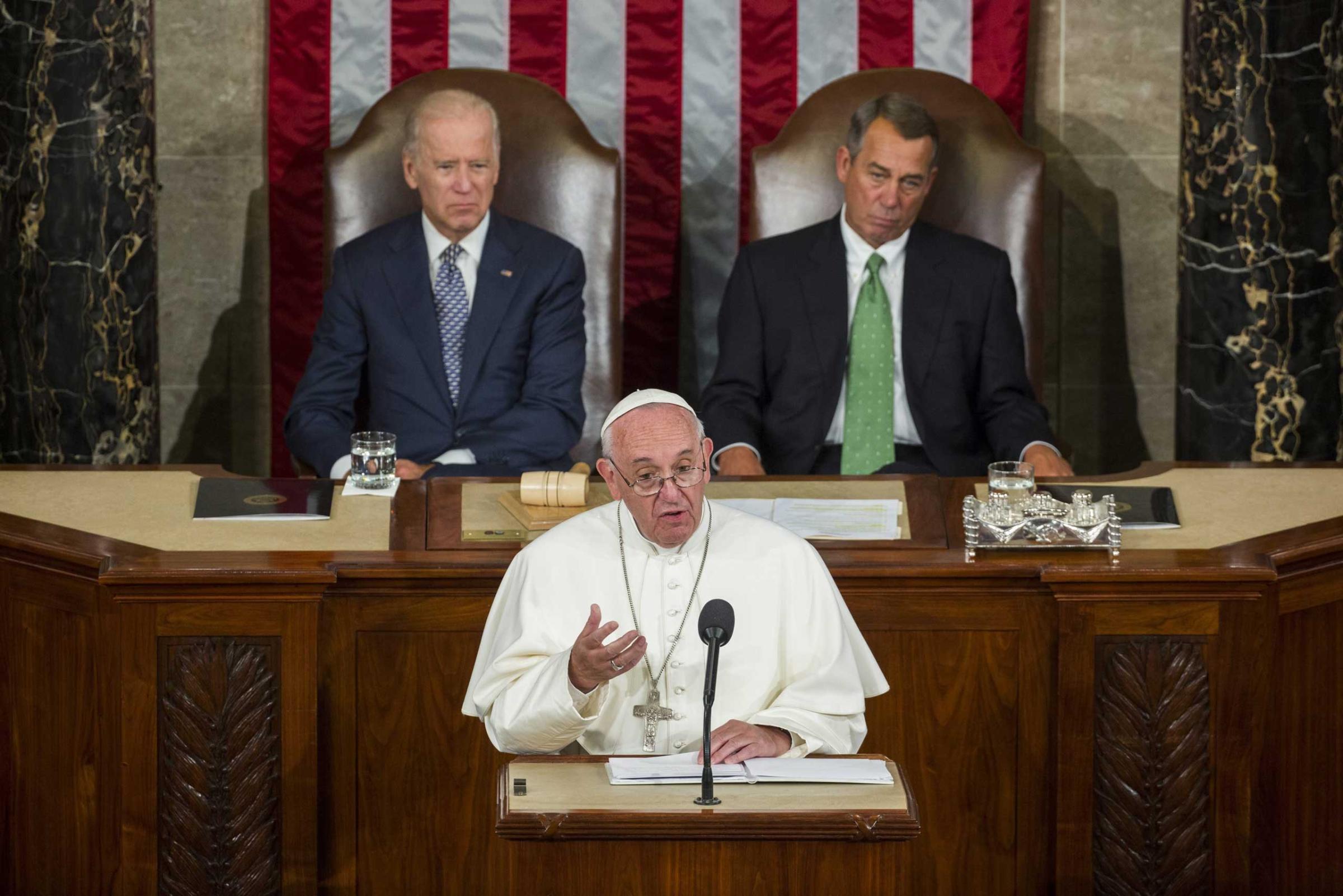
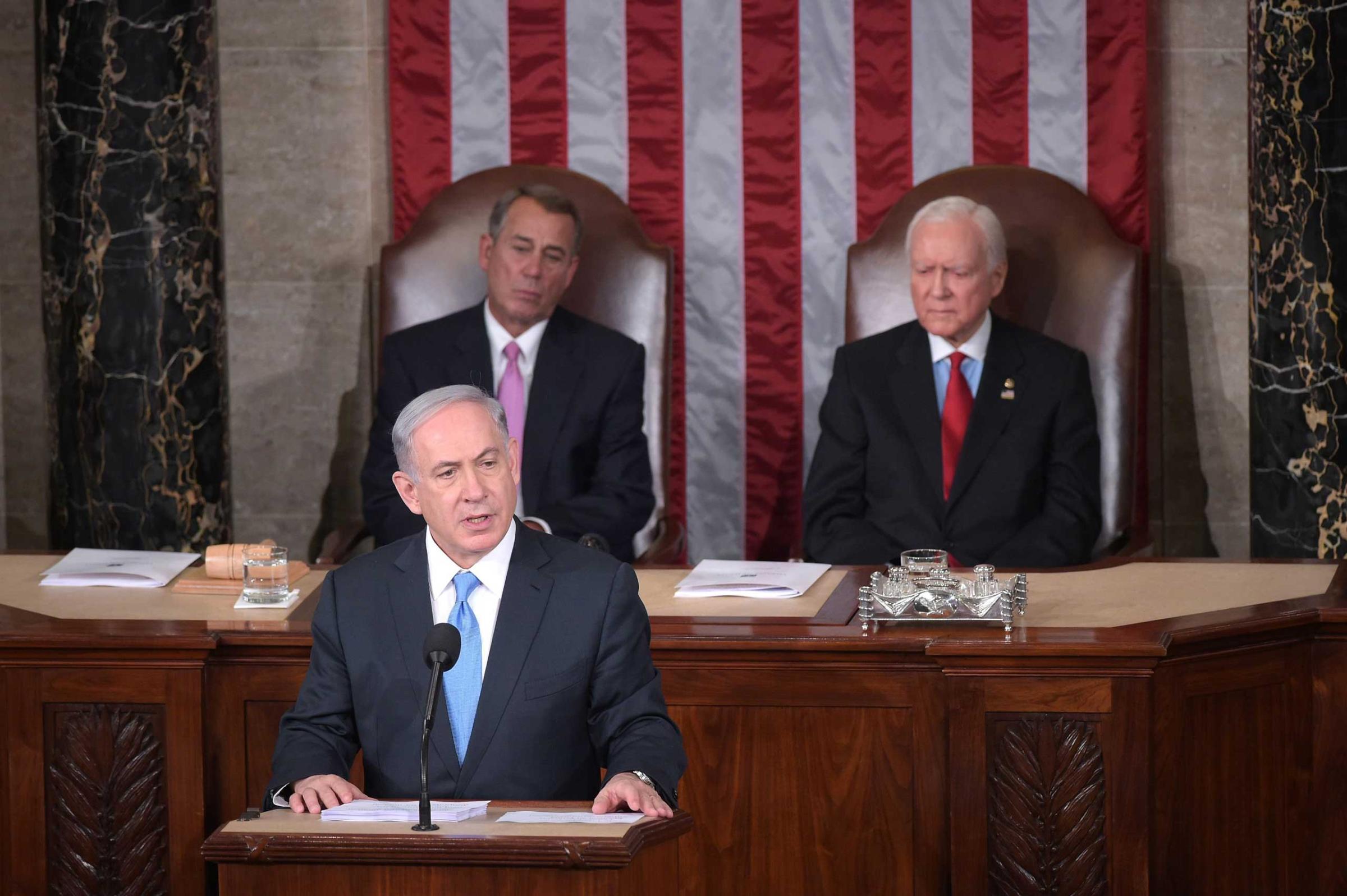
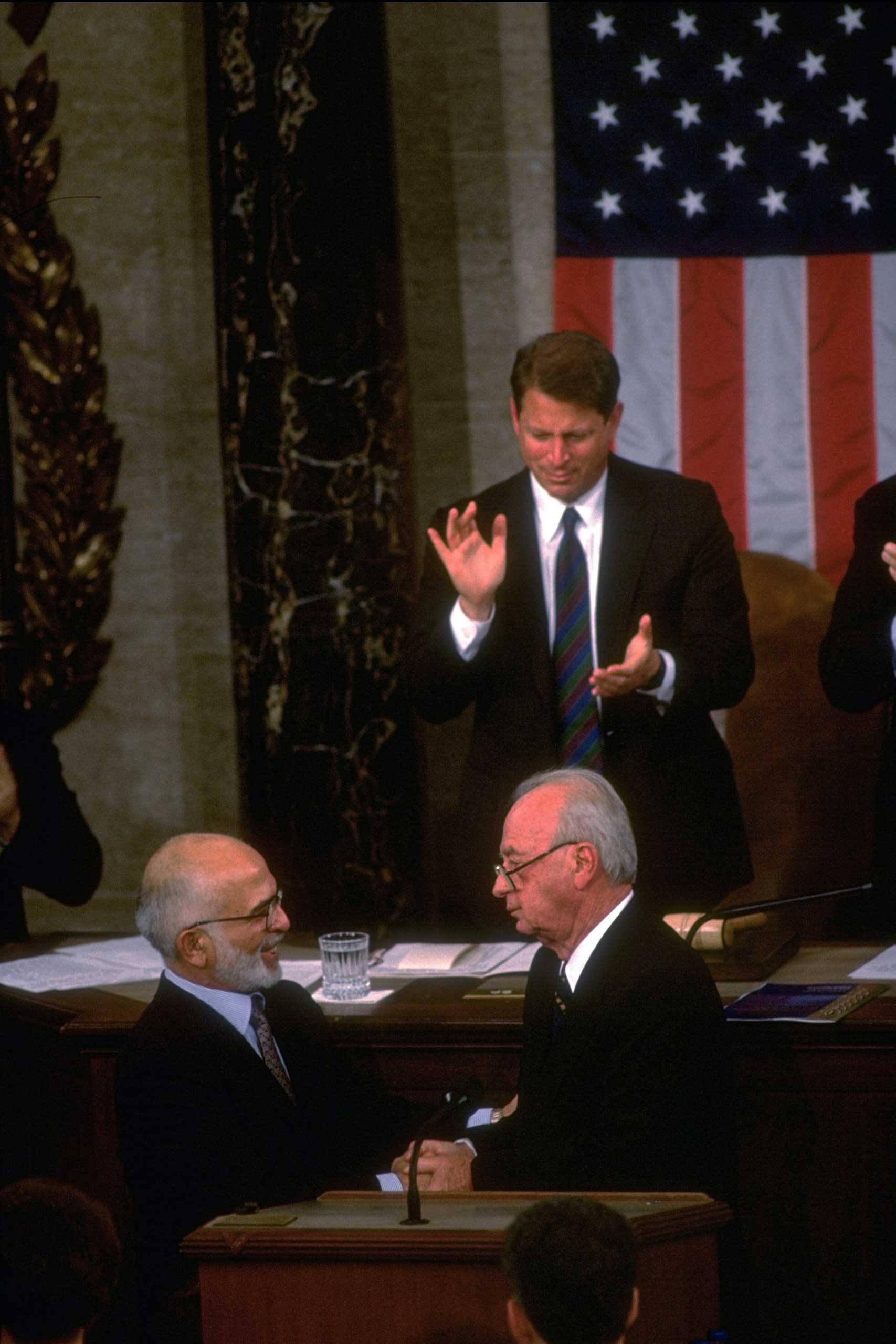
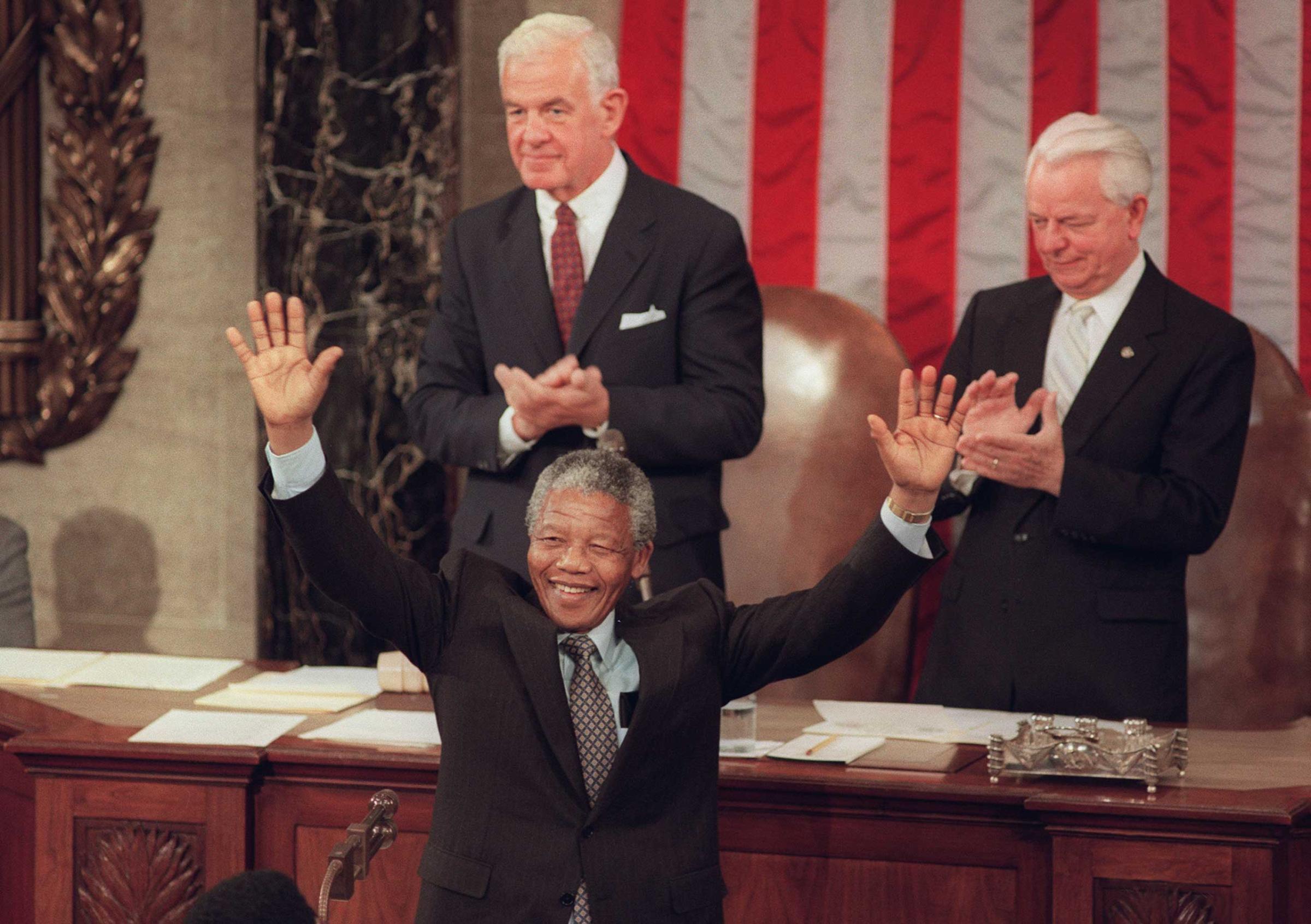
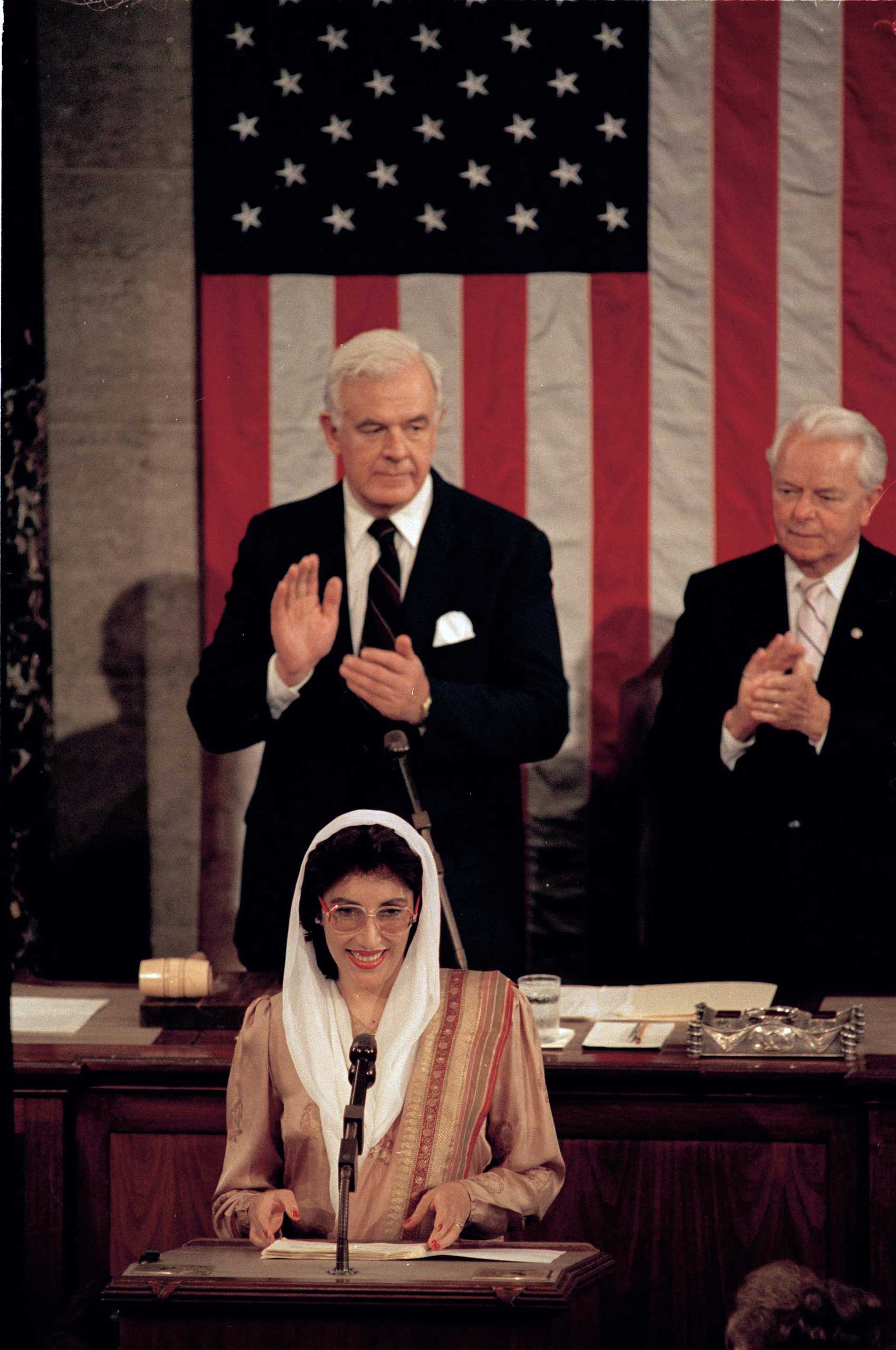
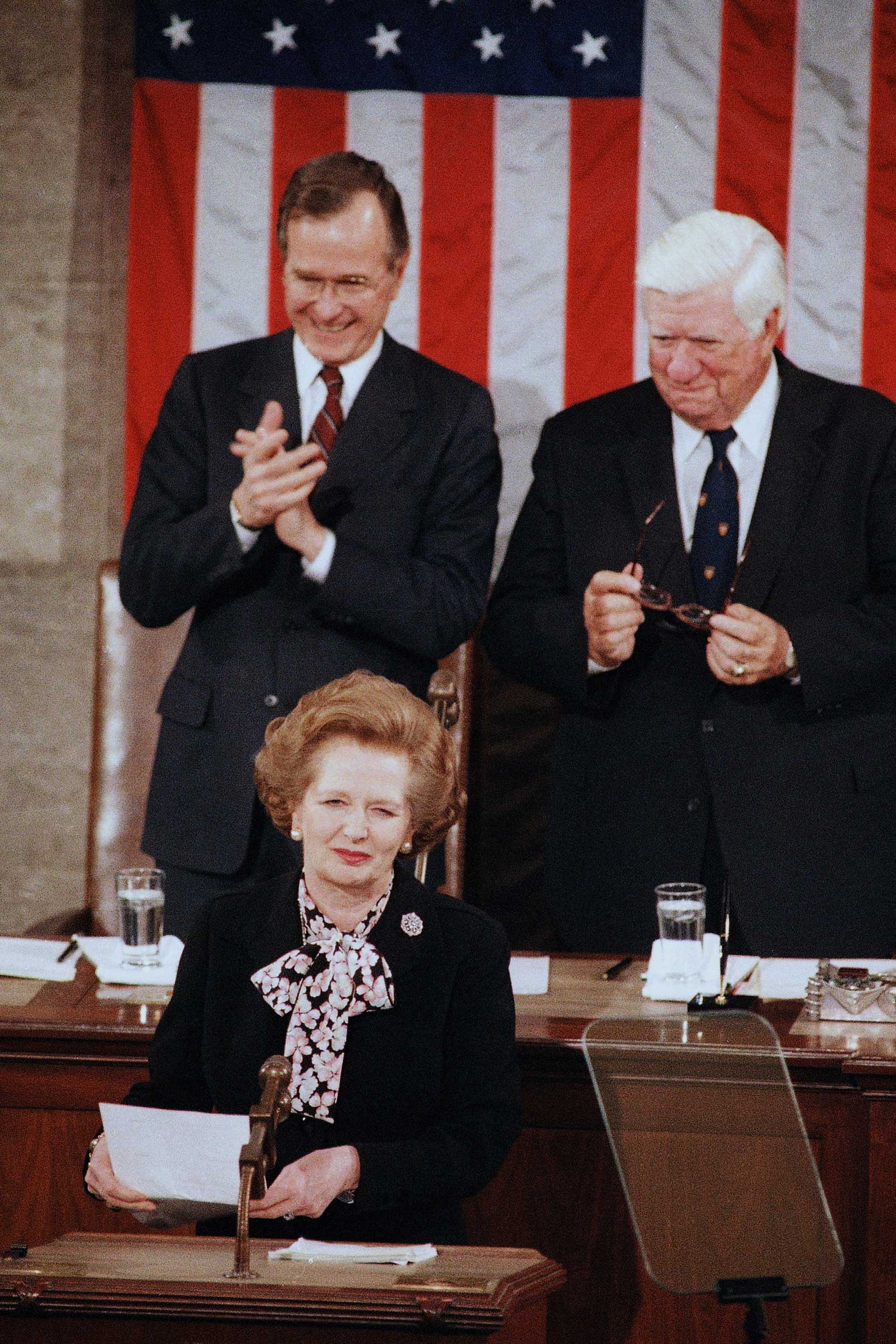
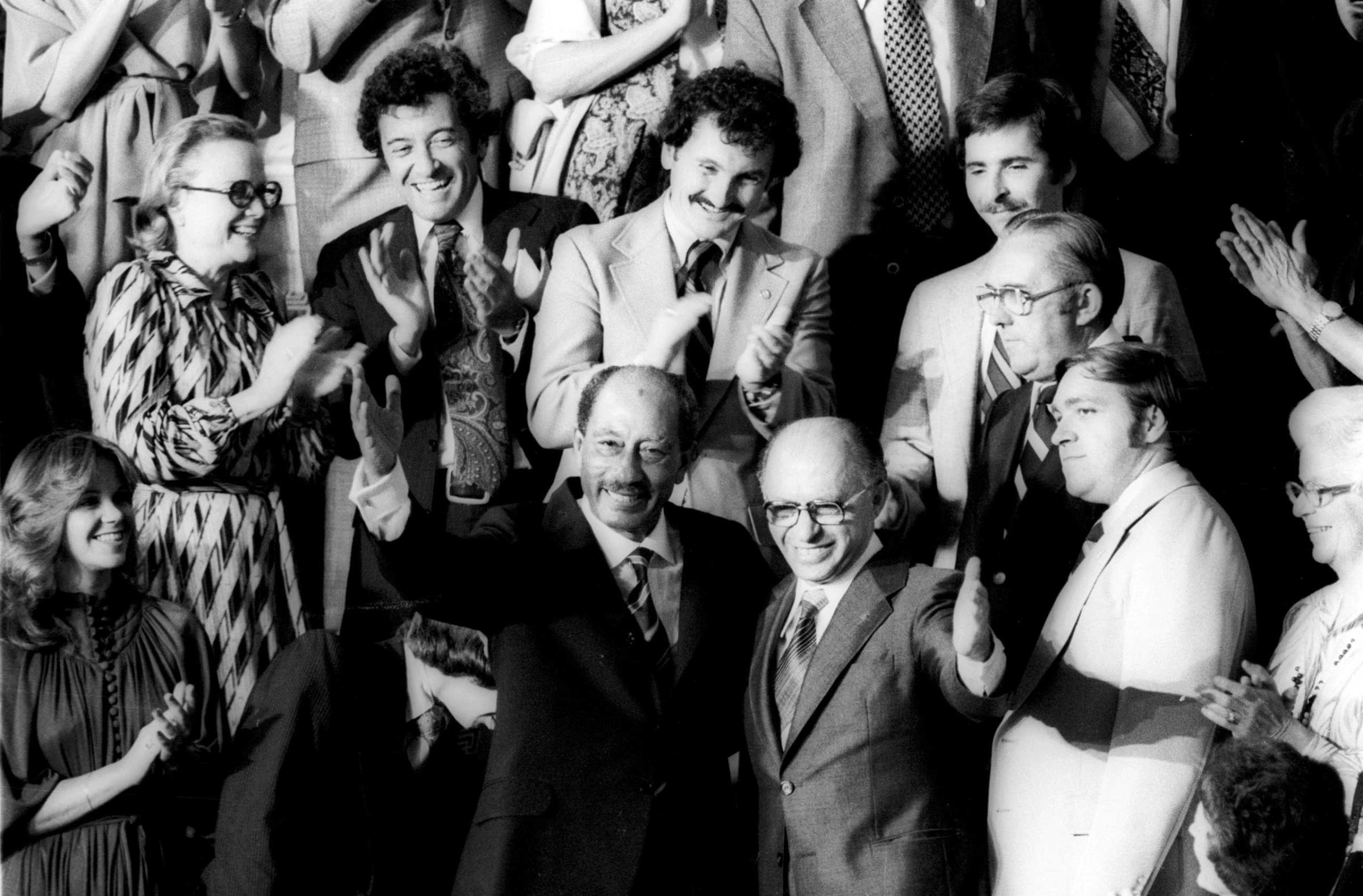

On the key “we’re better off without it” line, GOP megadonor Sheldon Adelson, former House Speaker Newt Gingrich and former Senator Joe Lieberman joined the Republicans’ standing ovation in their seats overlooking the chamber. Rabbi Shmuley Boteach, who ran a 2012 congressional campaign that Adelson backed, said before the speech that it could convince Congressmen to overcome an Obama veto of a controversial Iran sanctions bill.
“I think if the Prime Minister really makes his case, the Kirk-Menendez bill — increasing sanctions against Iran should there not be a deal — could pass,” said Boteach. “They’re close. They almost have enough Senators to override a promised presidential veto and maybe that’s what the Prime Minister is aiming for more than anything else.”
After the speech, foreign policy hawks said that the U.S. should walk away from the negotiating table.
“I thought it was very reasonable,” said Bill Kristol, founder of the Weekly Standard and an attendee of the event. “The world will not end if there’s not a deal and if sanctions are reimposed. The world was chugging along two years ago with sanctions and no deal … As Netanyahu said, as many people have said, If it’s a bad deal, you can’t sign a bad deal. You’re not walking away.”
MORE: Netanyahu’s Speech Tied Him in Knots
During the speech, House Democratic leader Nancy Pelosi was in “near tears.”
“I was near tears throughout the Prime Minister’s speech — saddened by the insult to the intelligence of the United States as part of the P5 +1 nations, and saddened by the condescension toward our knowledge of the threat posed by Iran and our broader commitment to preventing nuclear proliferation,” she said in a statement.
Dozens of Democrats boycotted the speech, which came on Boehner’s invitation without White House consultation and two weeks before Netanyahu’s election.
Even those Democrats who agreed with Netanyahu that the deal is “bad” blasted his speech for lacking a specific plan forward.
“This is a bad deal,” said California Democratic Representative Brad Sherman. “He showed us why this deal is a bad deal. The alternative to a bad deal is we’re in a bad situation. And he did not give us a clear road map to a good deal.”
Read next: Netanyahu Will Be Speaking in Winston Churchill’s Shadow
More Must-Reads from TIME
- Why Trump’s Message Worked on Latino Men
- What Trump’s Win Could Mean for Housing
- The 100 Must-Read Books of 2024
- Sleep Doctors Share the 1 Tip That’s Changed Their Lives
- Column: Let’s Bring Back Romance
- What It’s Like to Have Long COVID As a Kid
- FX’s Say Nothing Is the Must-Watch Political Thriller of 2024
- Merle Bombardieri Is Helping People Make the Baby Decision
Contact us at letters@time.com